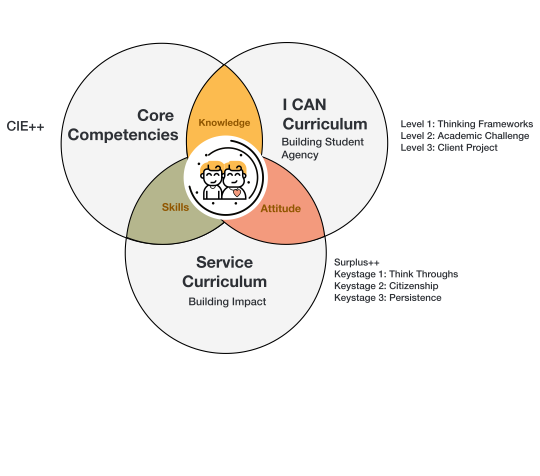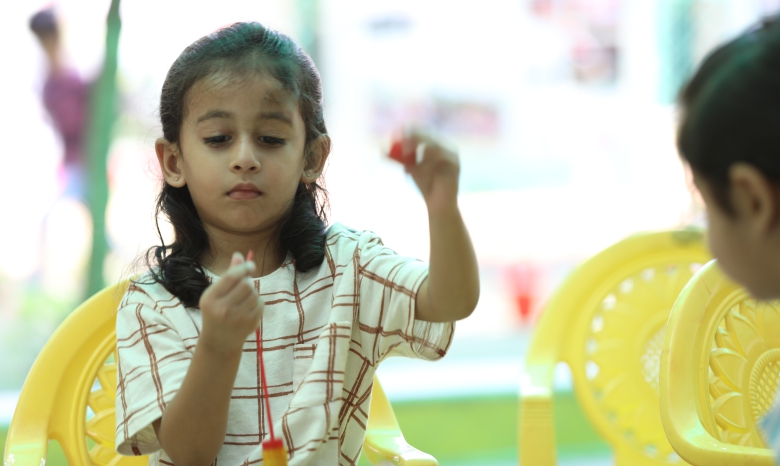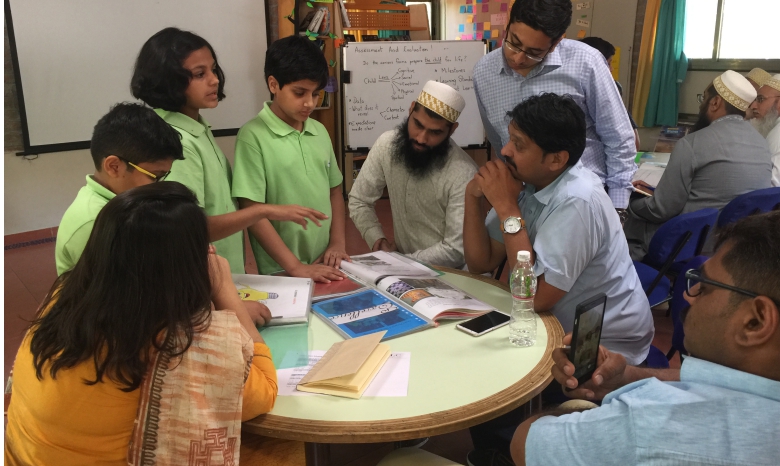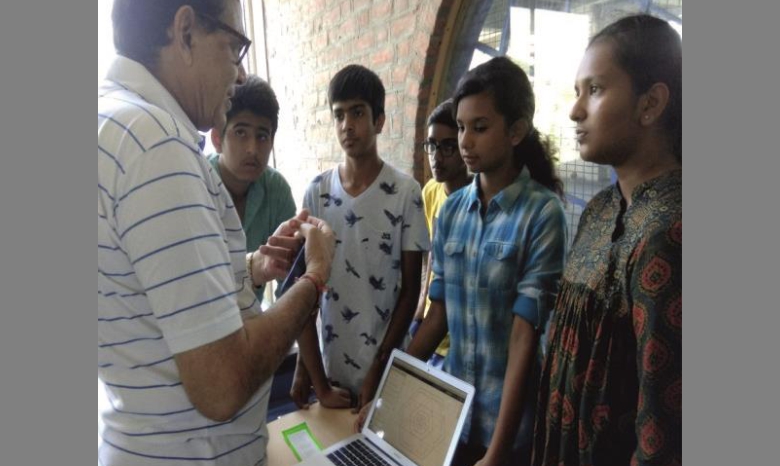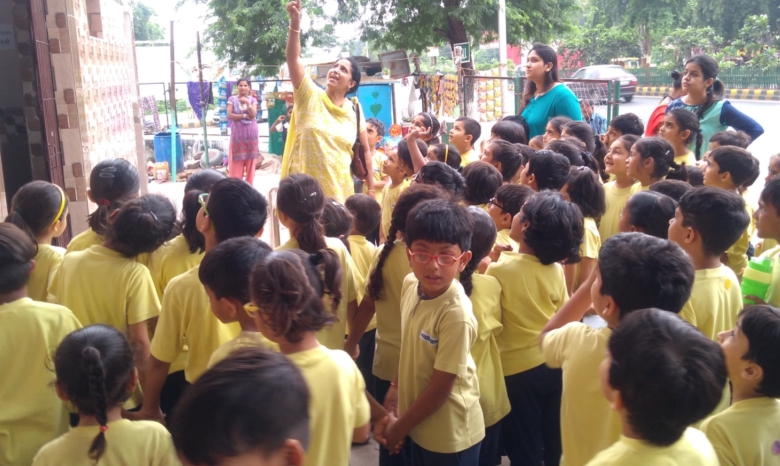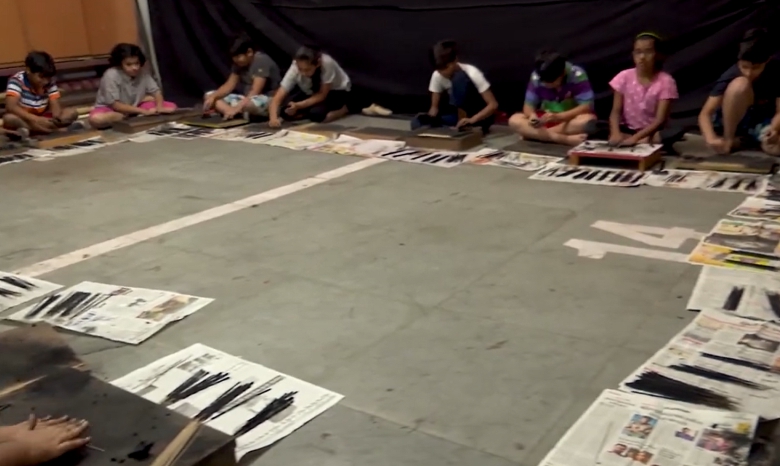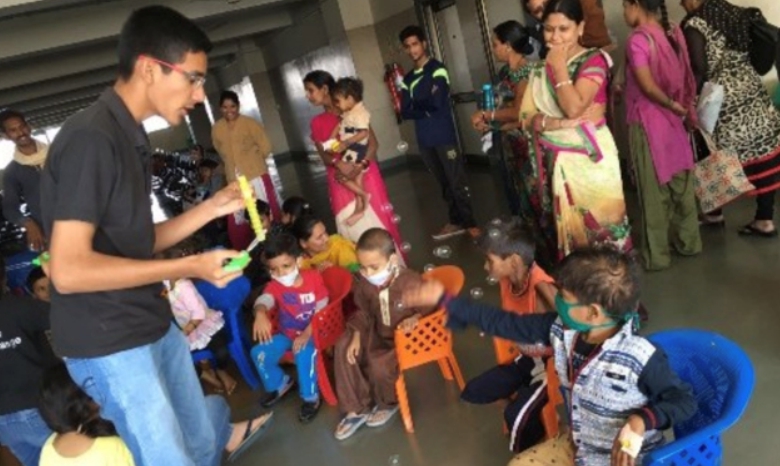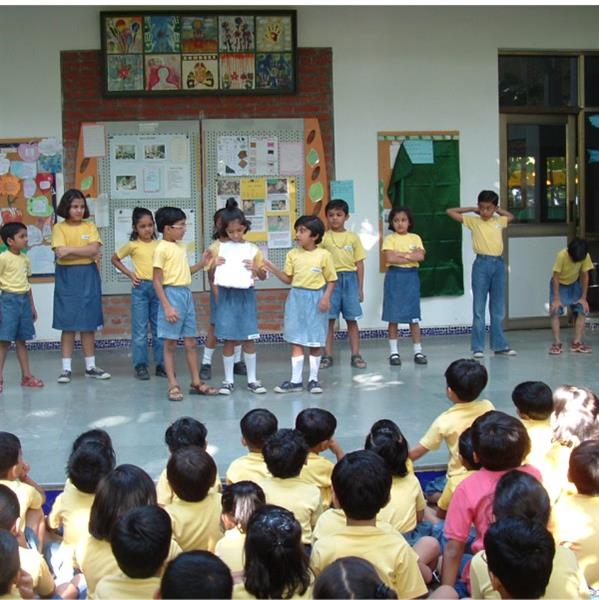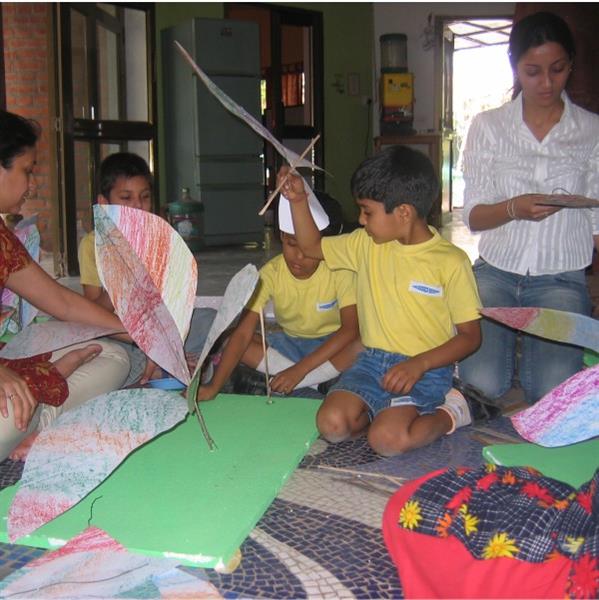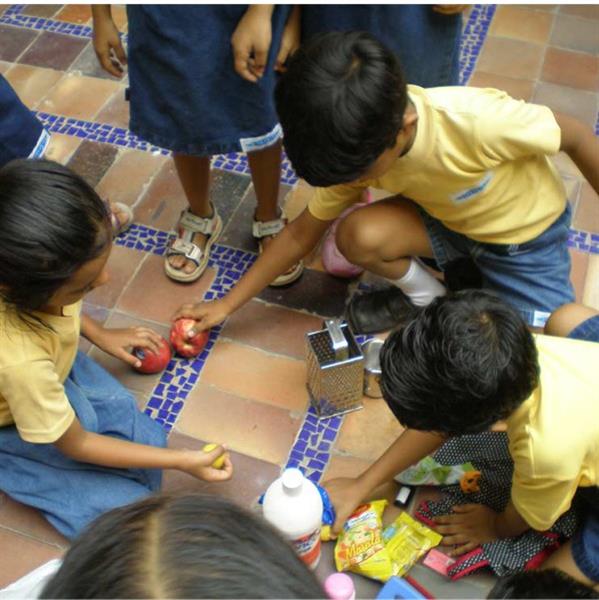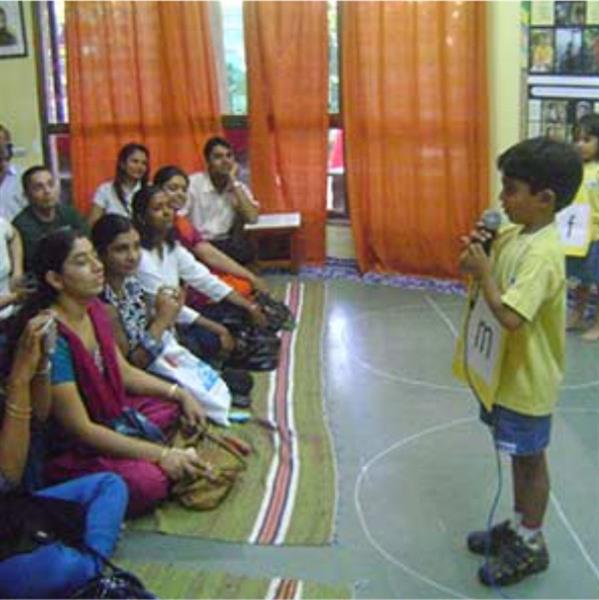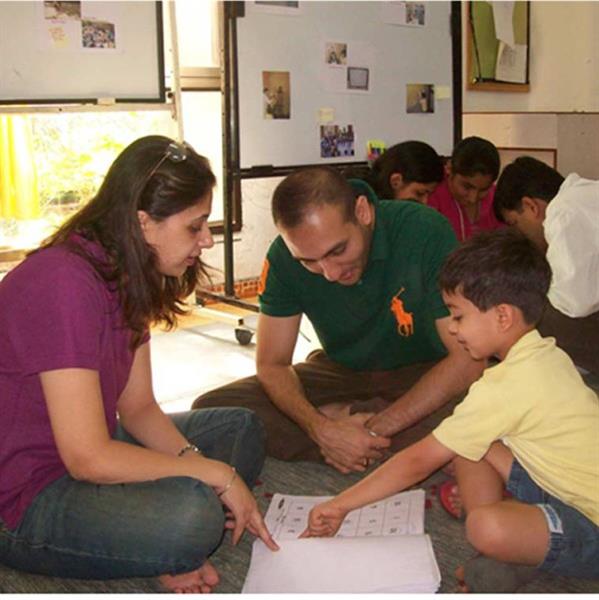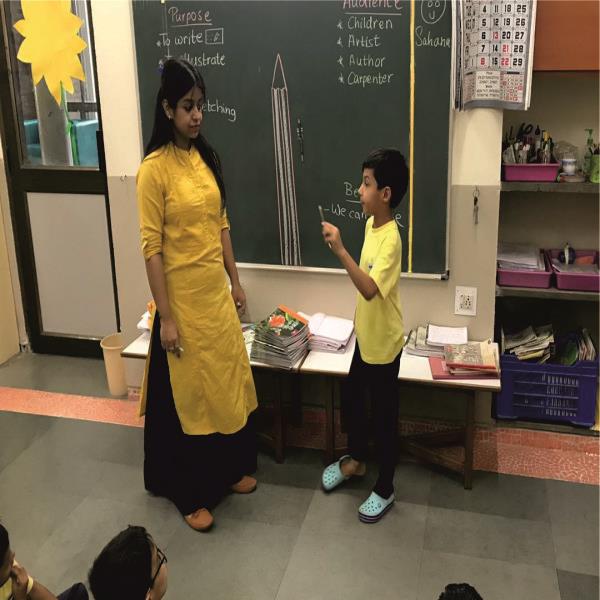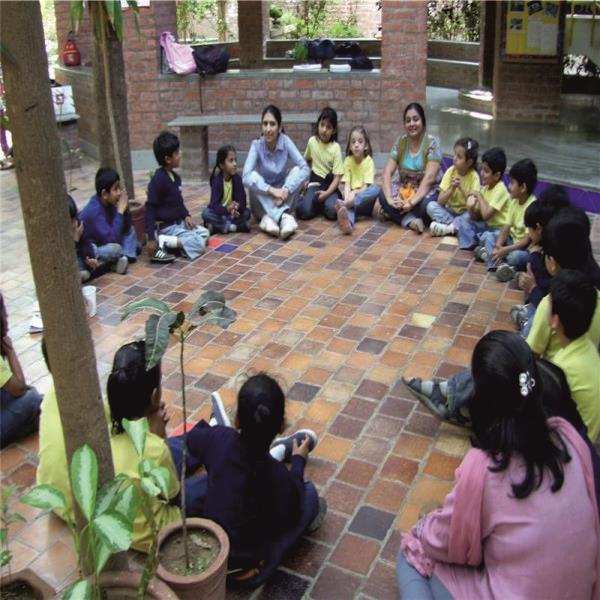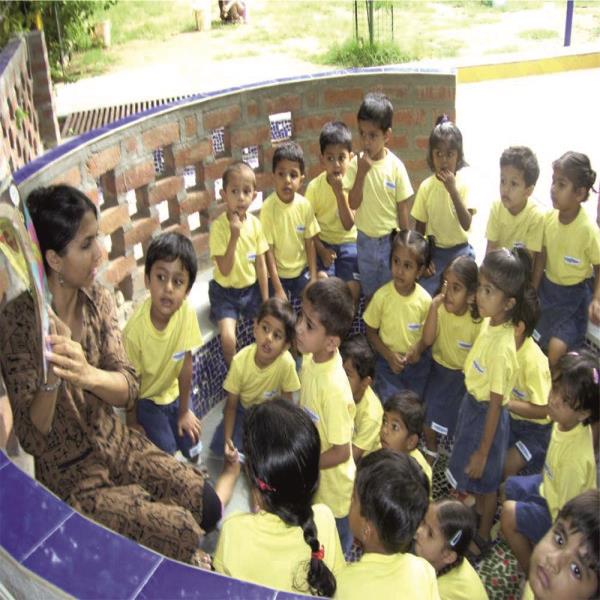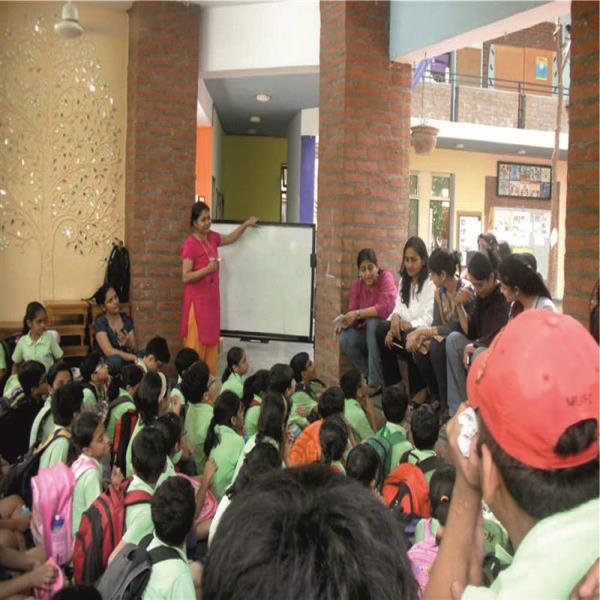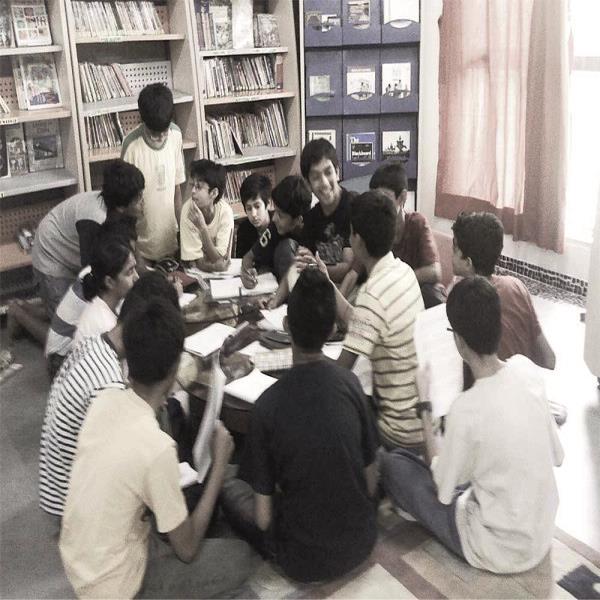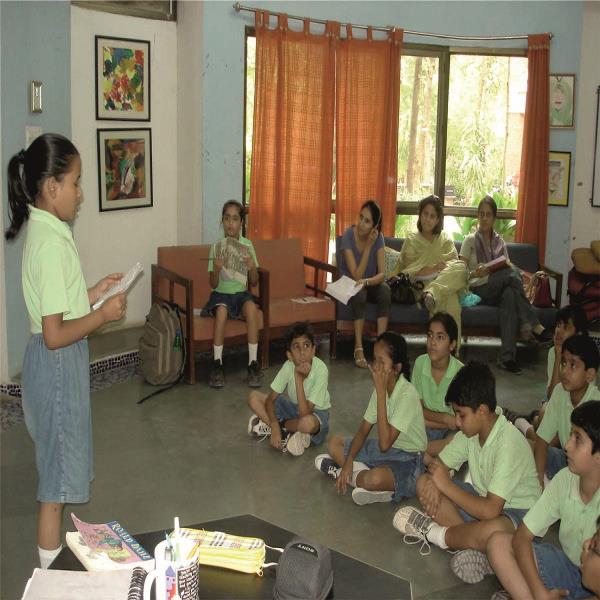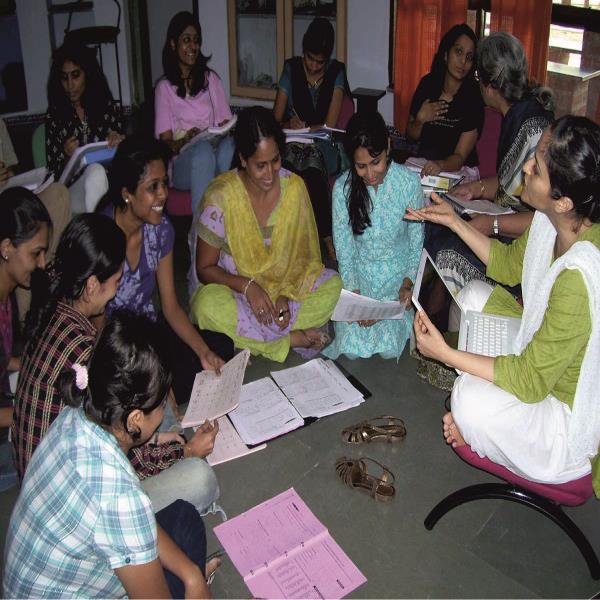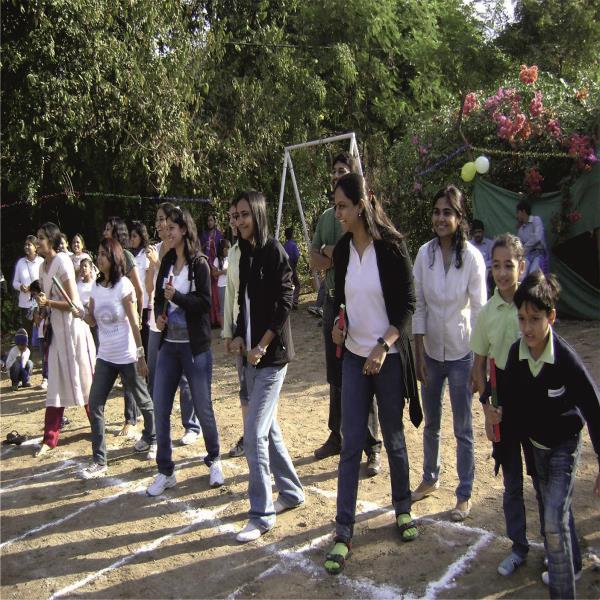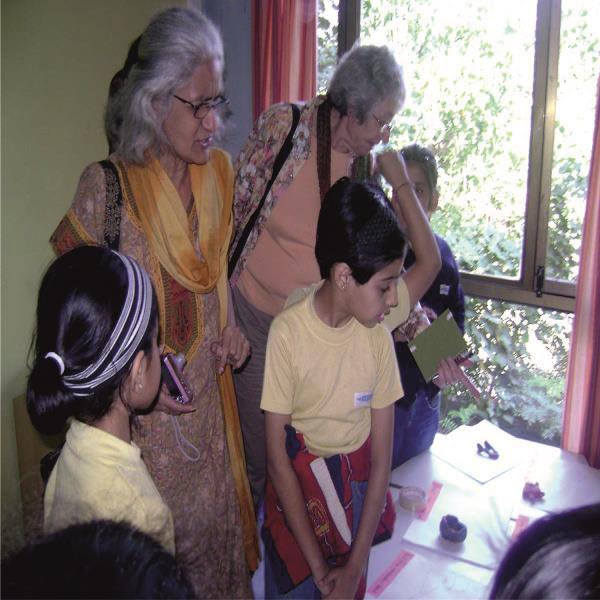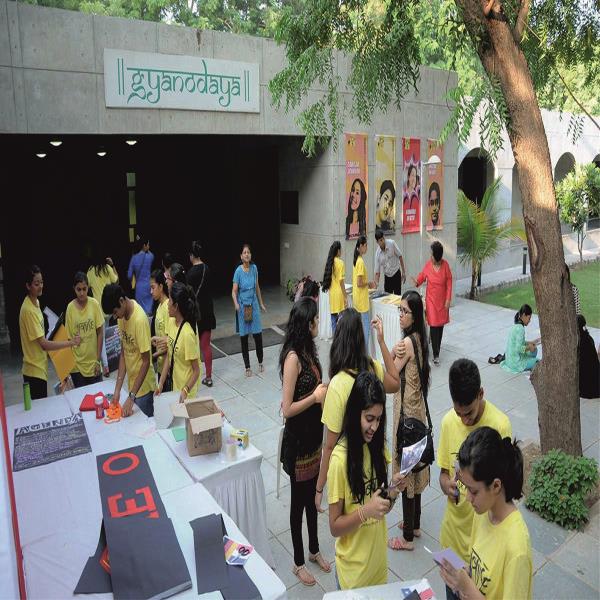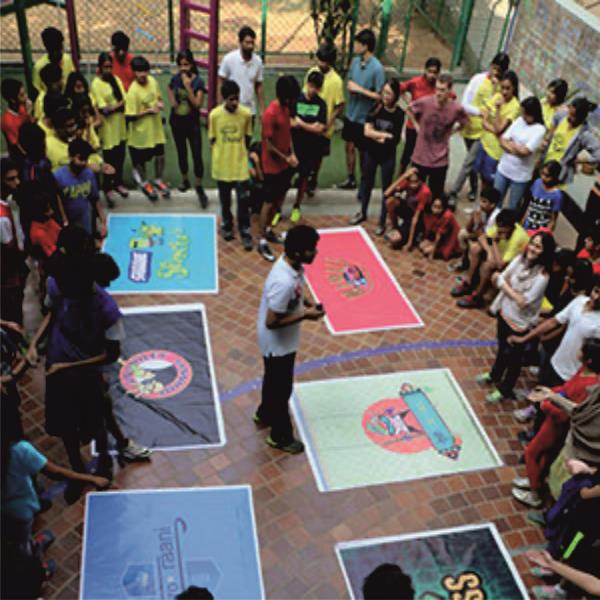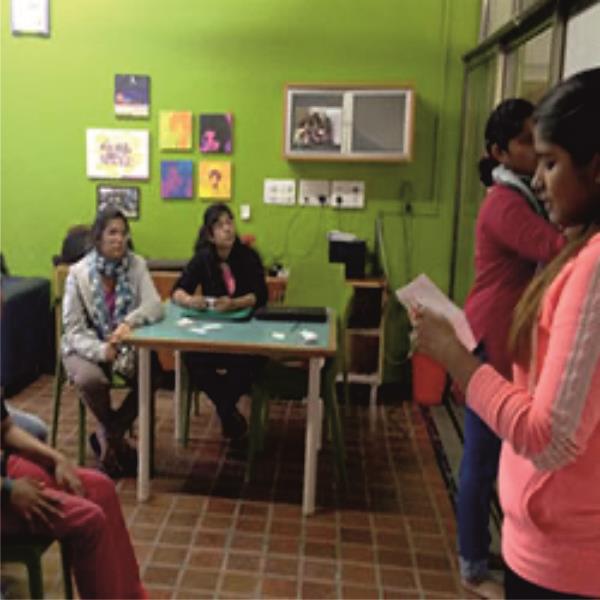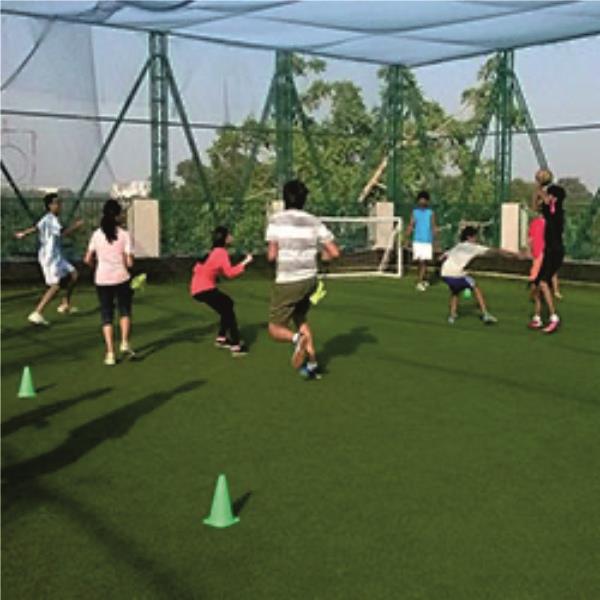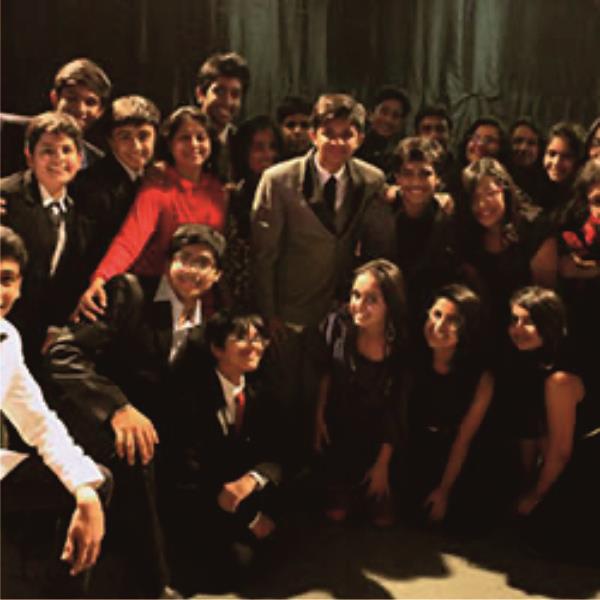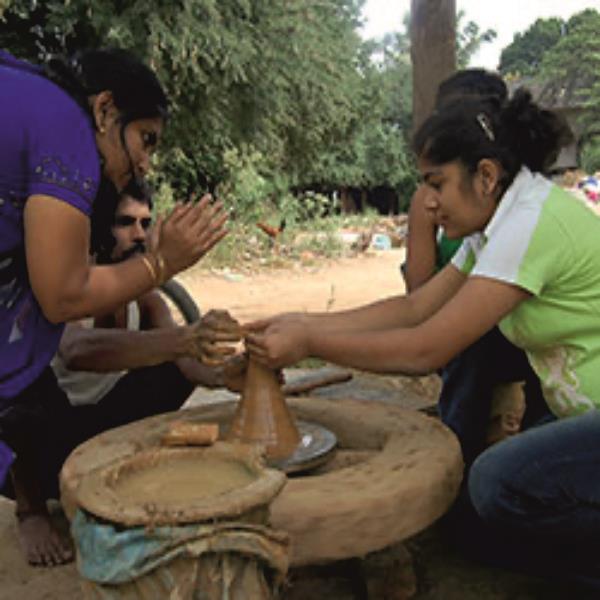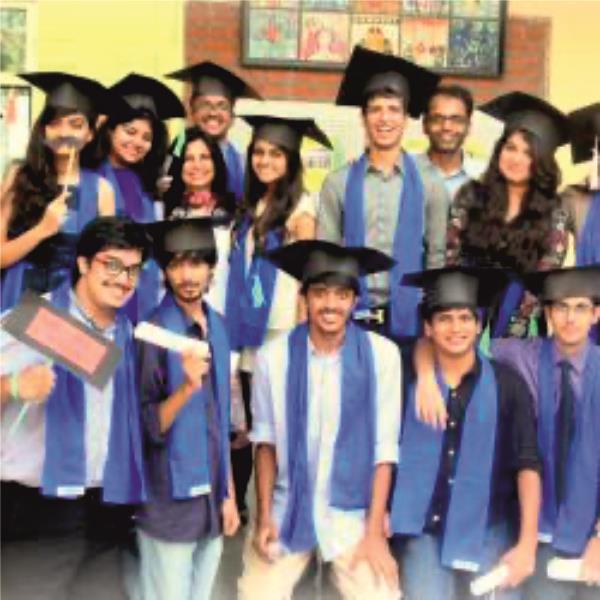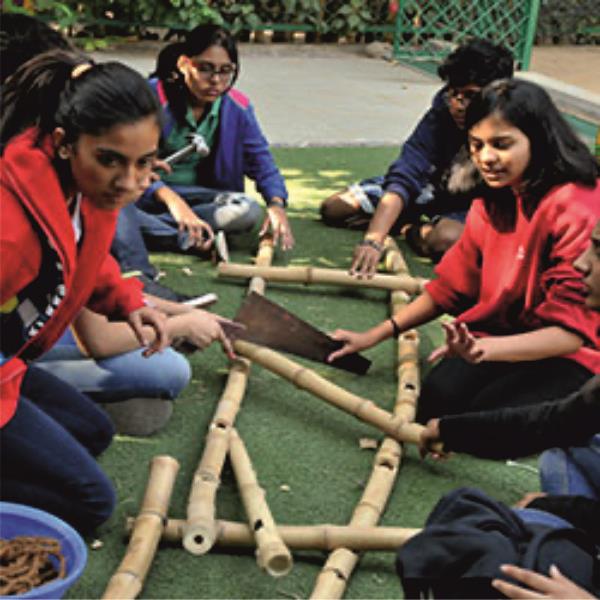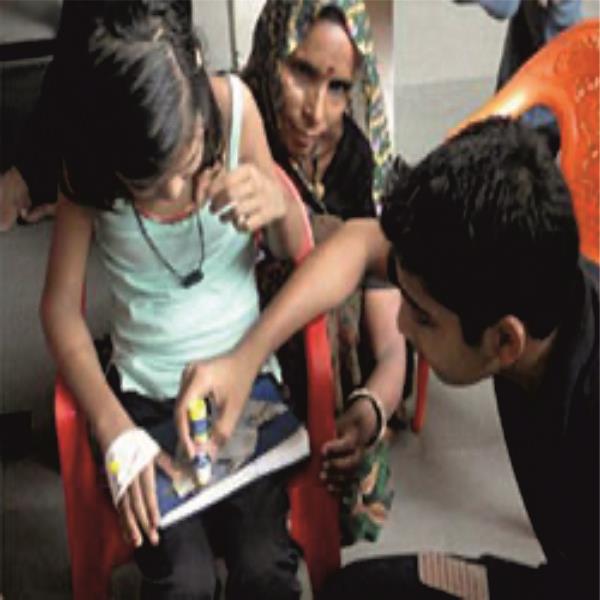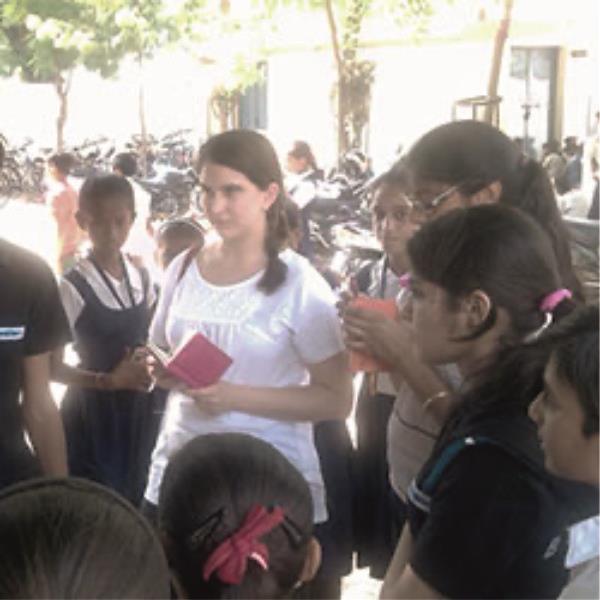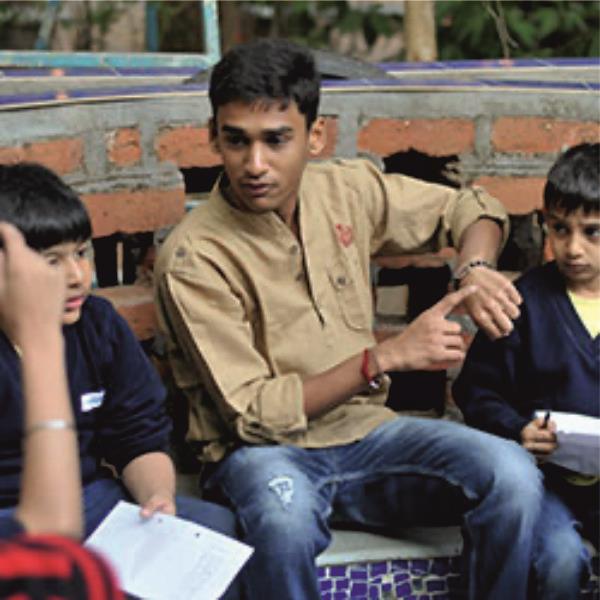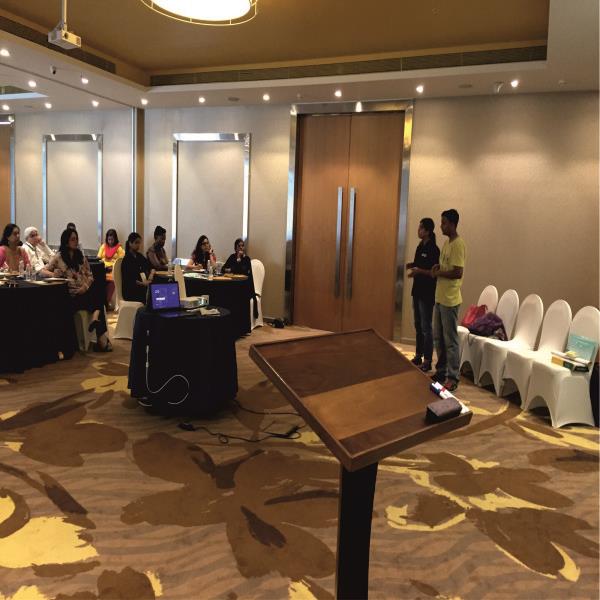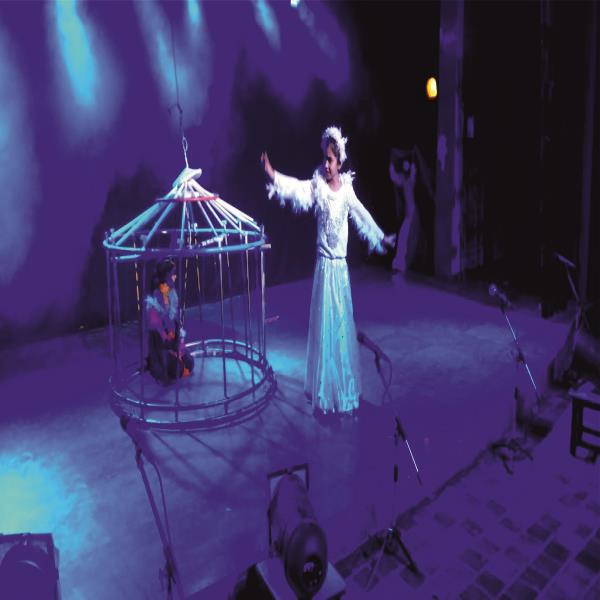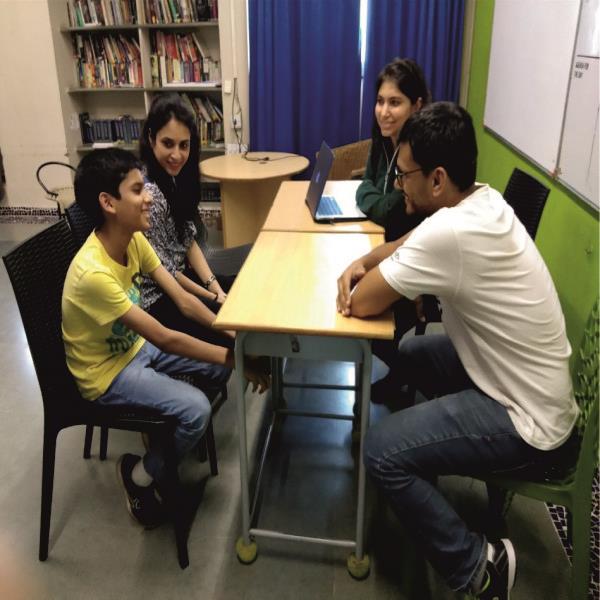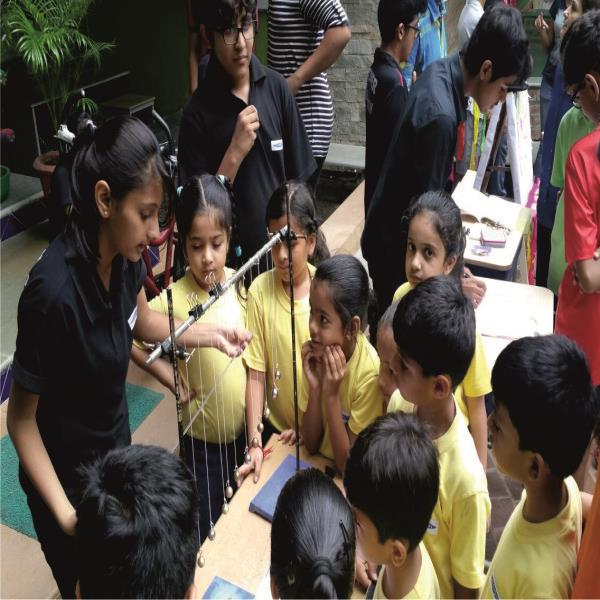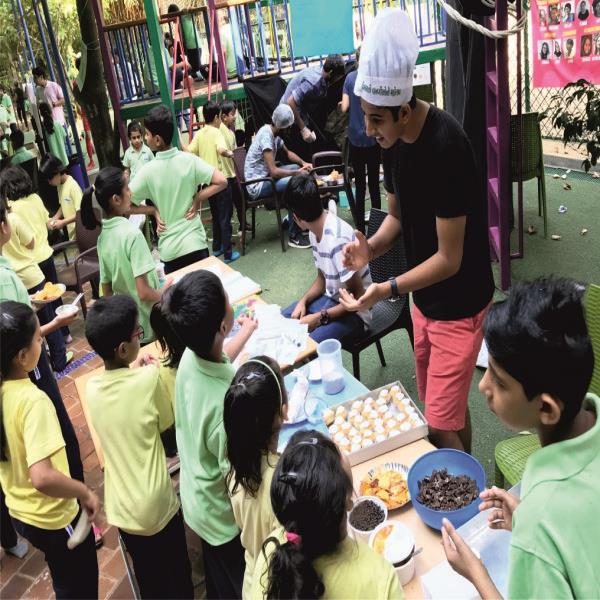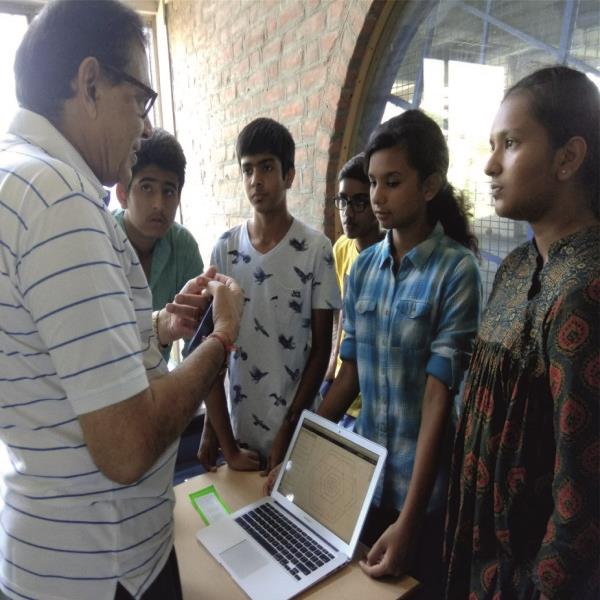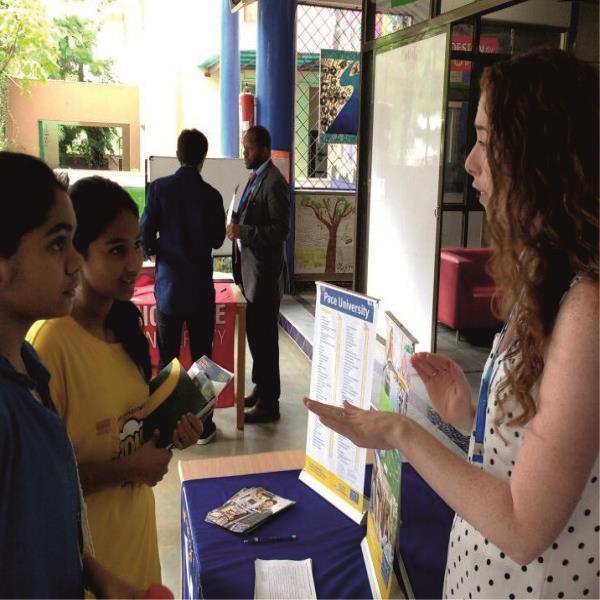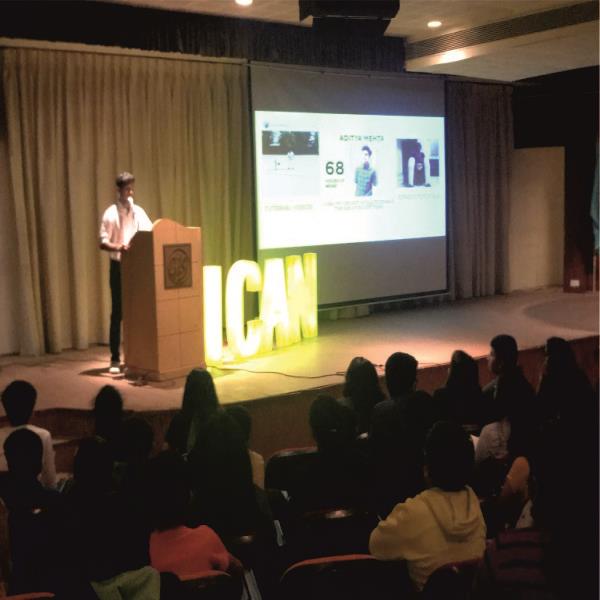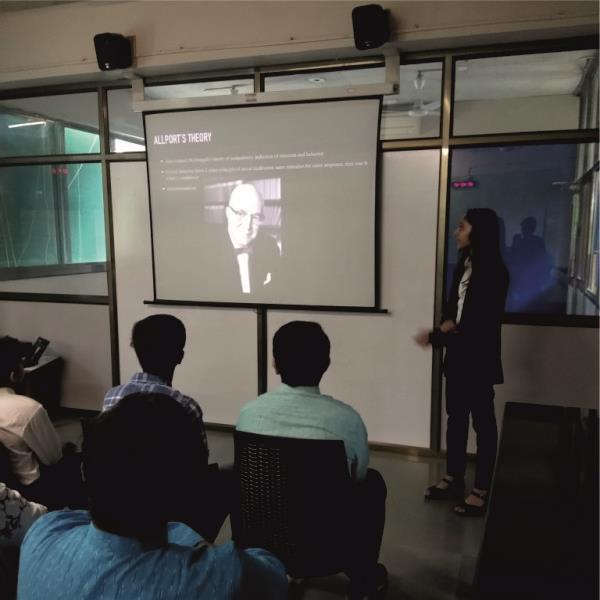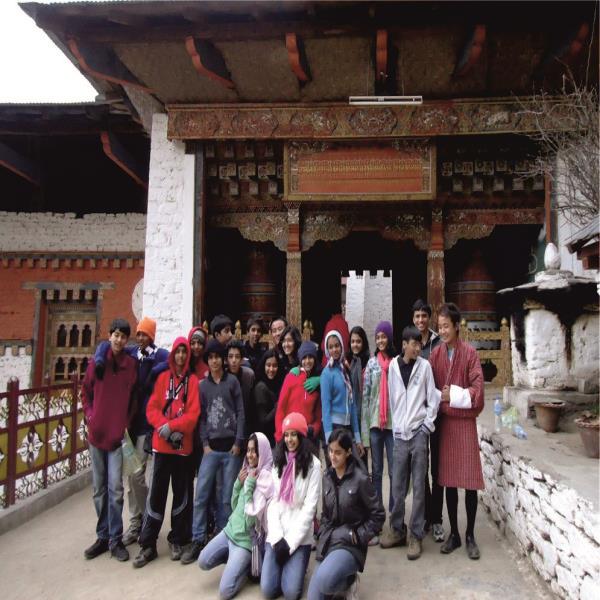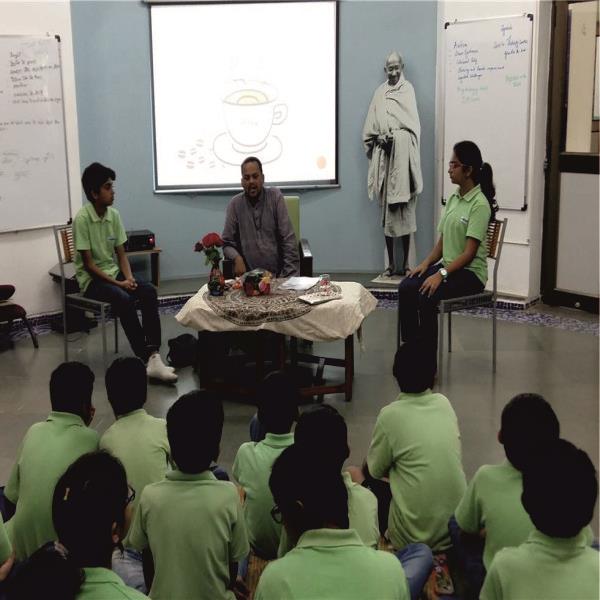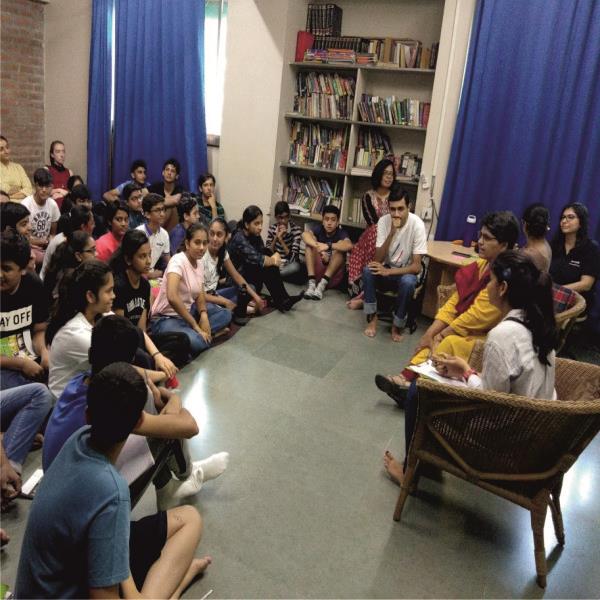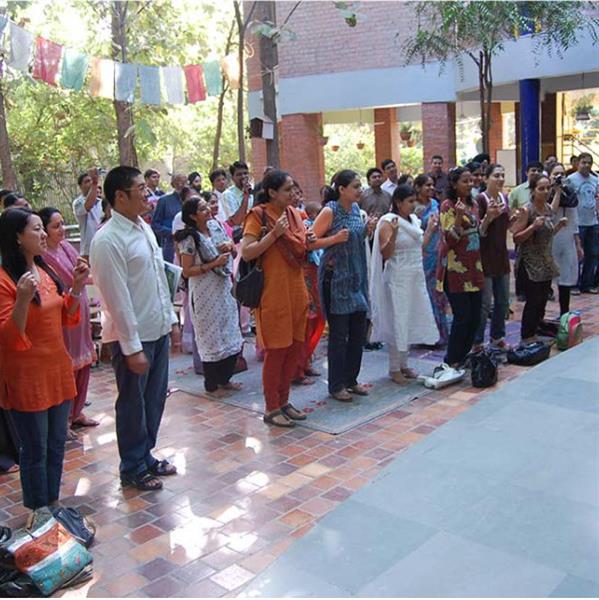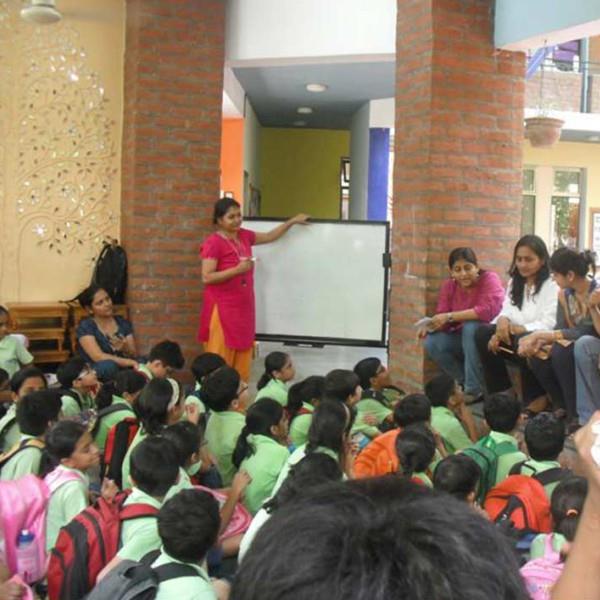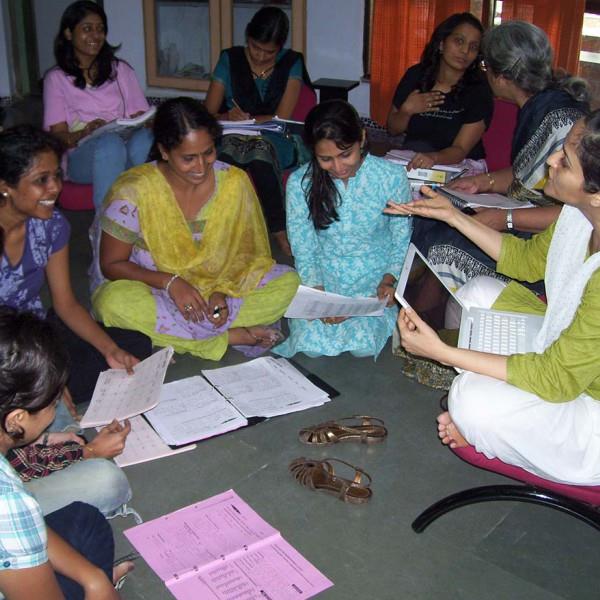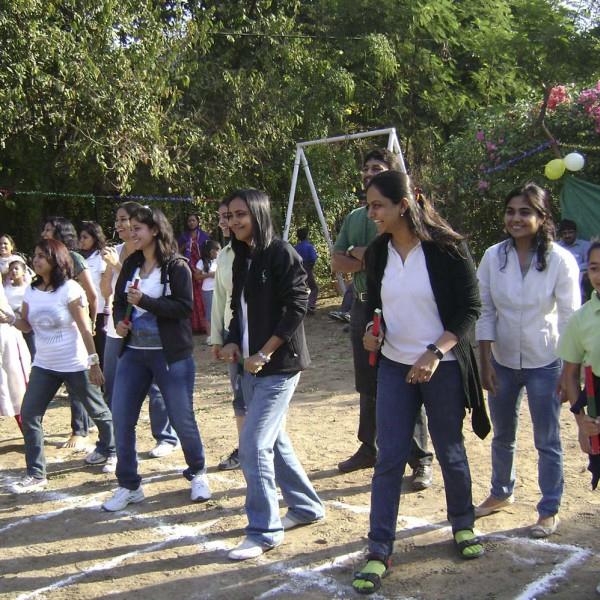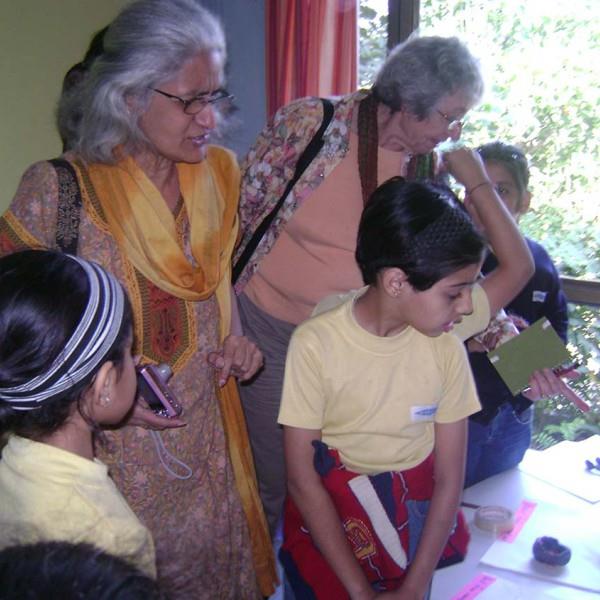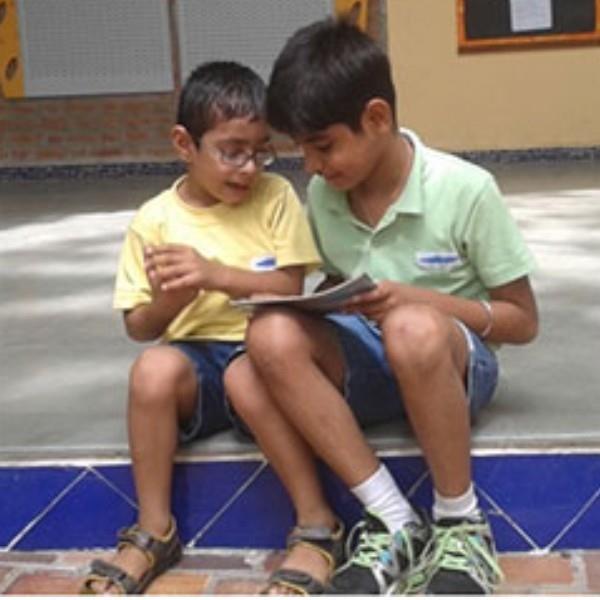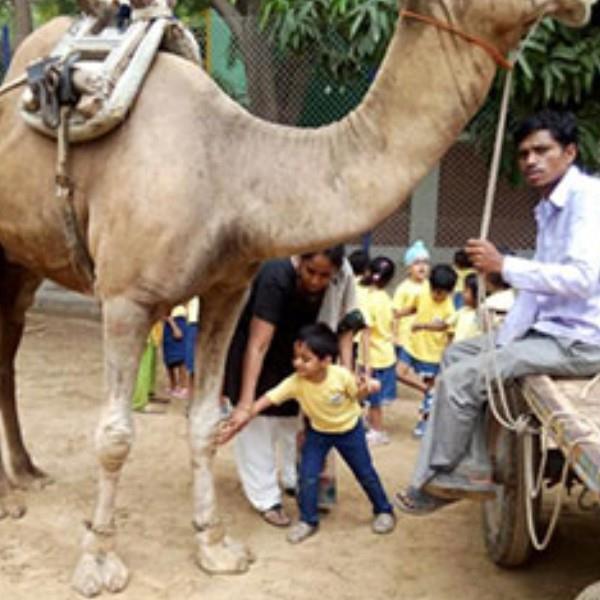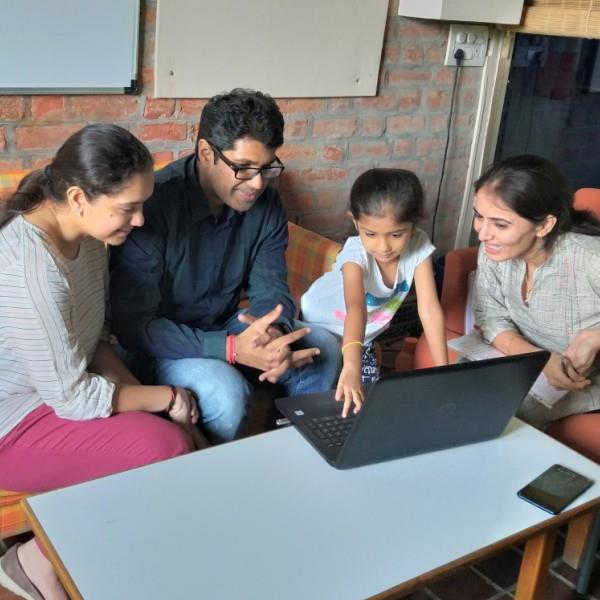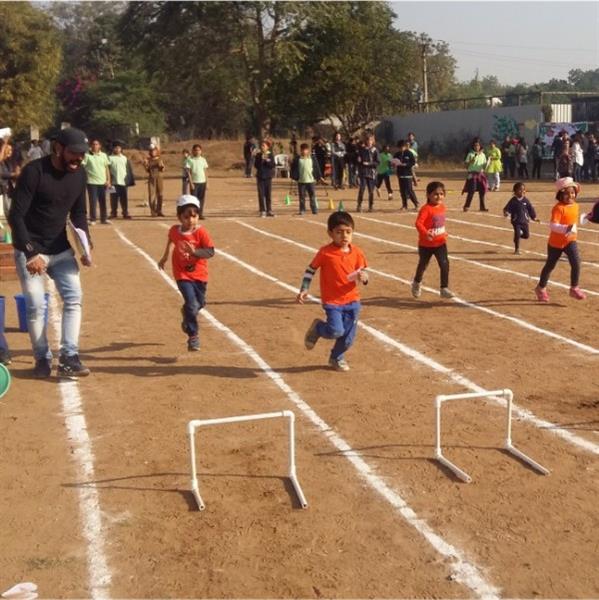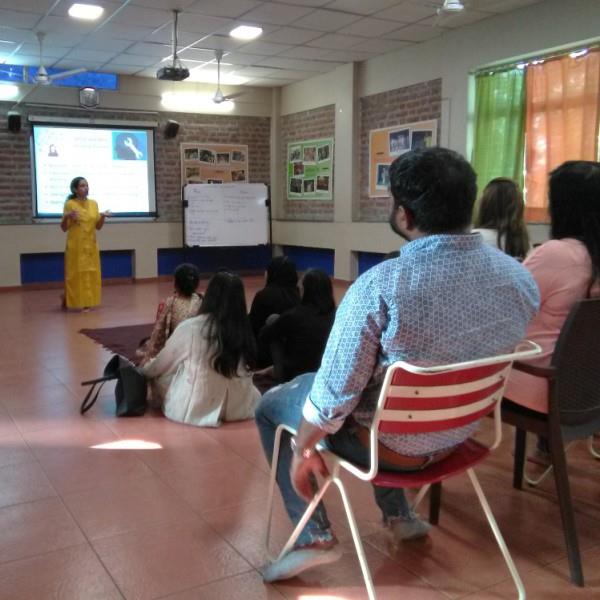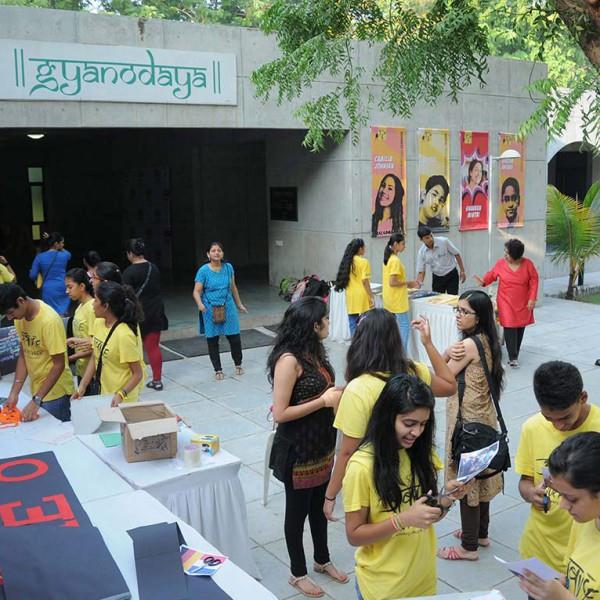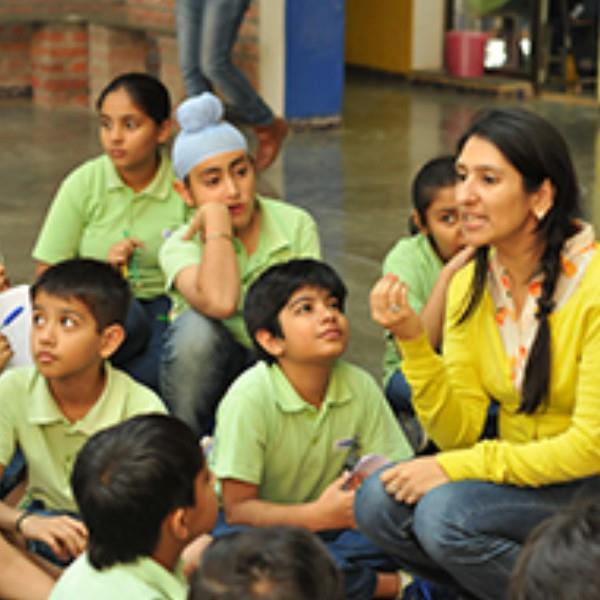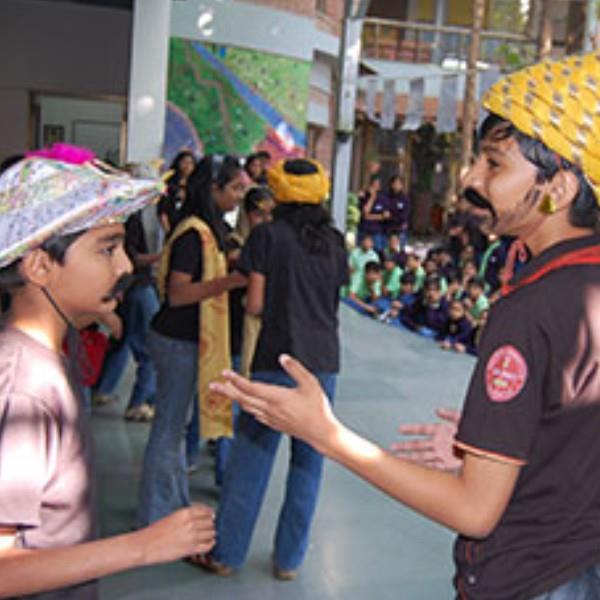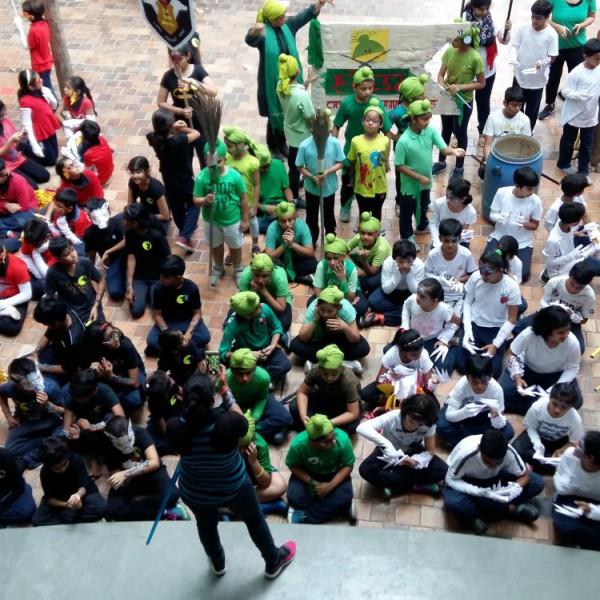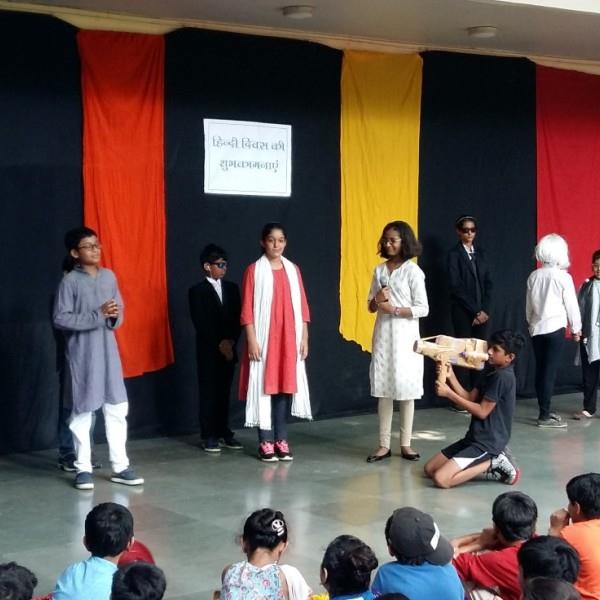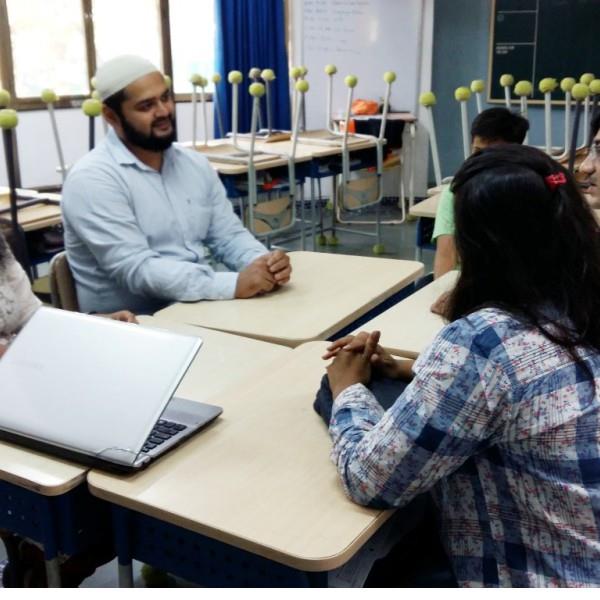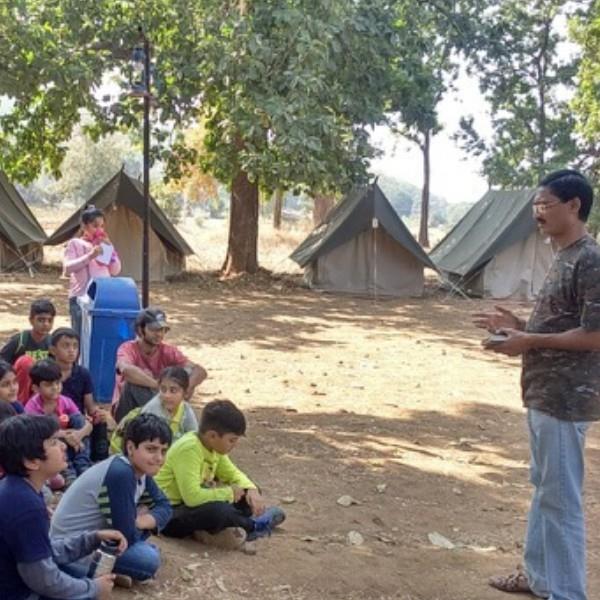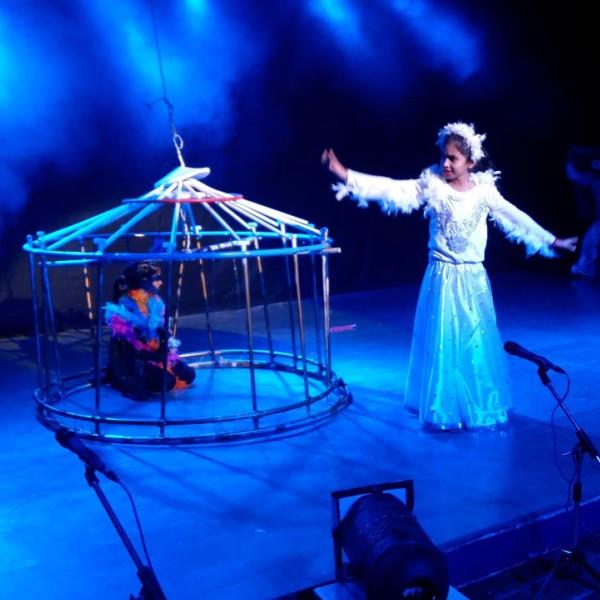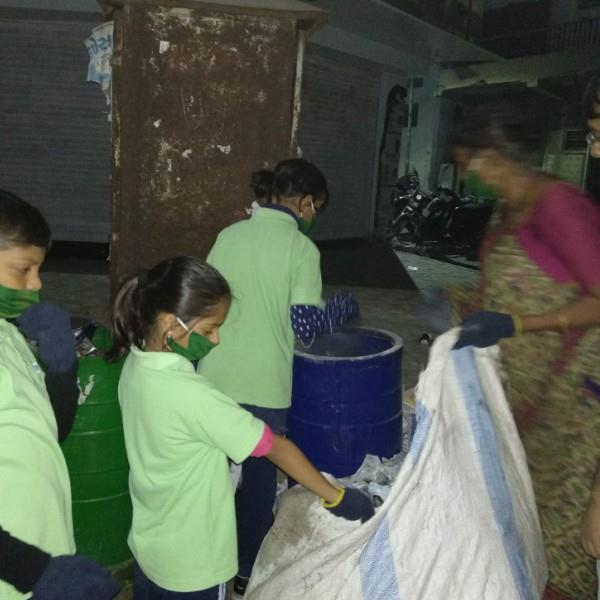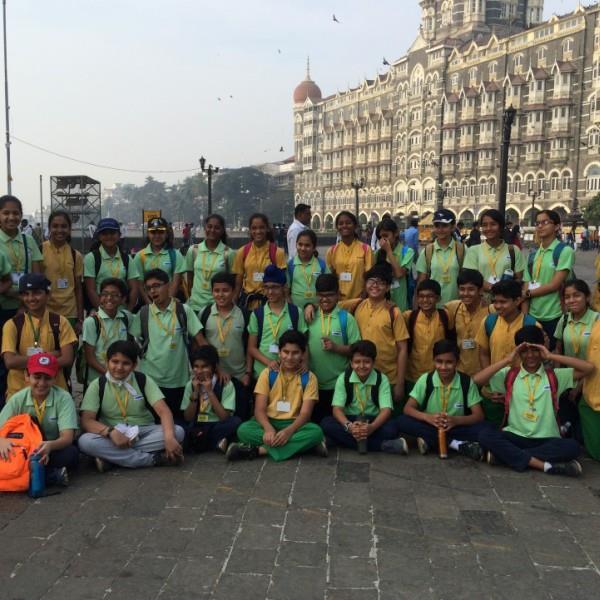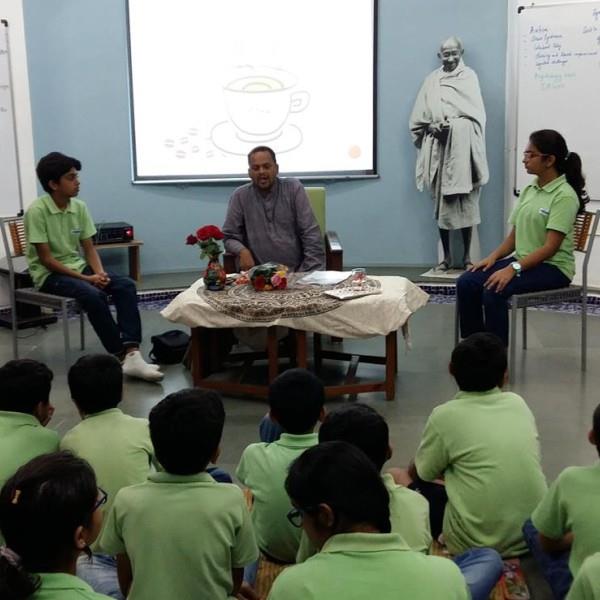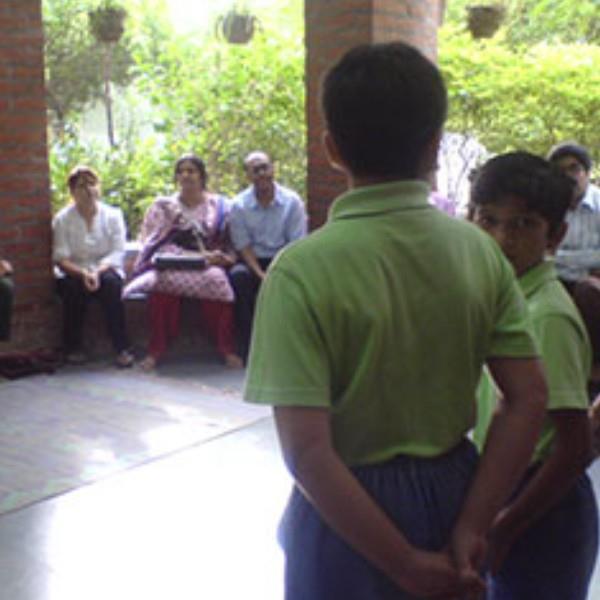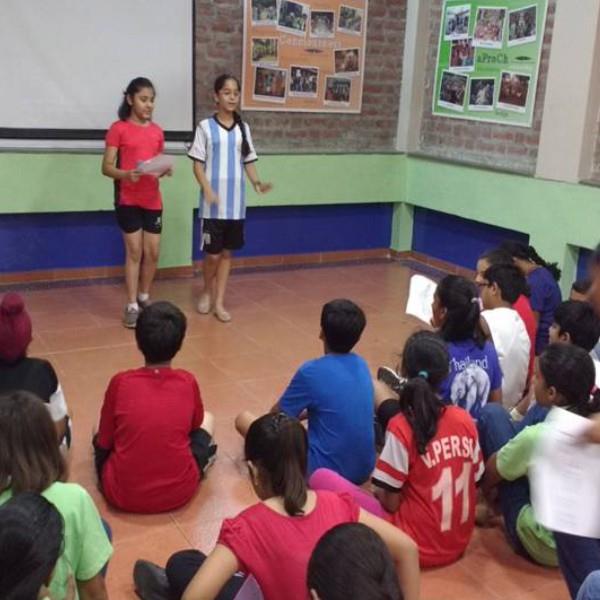CORE COMPETENCIES
At Riverside, we adopted the Cambridge International Curriculum to provide students with a world-class education. This curriculum offers a rigorous academic foundation, fosters critical thinking, and prepares students for global success. By choosing Cambridge, Riverside School is committed to equipping its students with the tools they need to thrive in today's interconnected world.
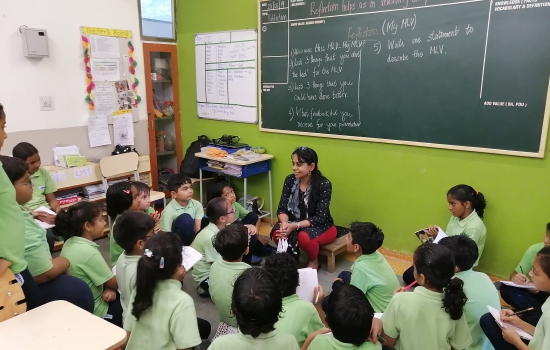
I CAN CURRICULUM Building Student Agency
At Riverside, the I CAN Curriculum is a comprehensive program designed to empower students with essential thinking skills using Thinking Frameworks. By providing a structured approach to critical thinking, problem-solving, and creativity, the curriculum equips students to confidently tackle challenges and become innovative thinkers.
-
Thinking Frameworks
LEVEL 1
Building blocks to cultivate a Mindset of Inquiry
Thinking Frameworks
The Thinking level is foundational, focusing on building essential thinking skills. It introduces learners to a variety of thinking routines and tools to spark curiosity, develop observational skills, and encourage divergent thinking. By engaging with activities like mind mapping and question generation, students cultivate a habit of inquiry and develop the ability to explore ideas from multiple perspectives. This level lays the groundwork for more complex thinking challenges in subsequent levels.
-
Academic Challenge
LEVEL 2
Making Learning Relevant
Academic Challenge
Academic Challenges offer a dynamic platform for students to transform abstract knowledge into tangible, real-world solutions. By merging academic rigor with practical application, these challenges foster a deep understanding of subject matter while cultivating essential 21st-century skills such as problem-solving, critical thinking, collaboration, and communication.
Through the creation of products or installations that address genuine community needs, students develop a sense of ownership and purpose in their learning. This experiential approach not only enhances academic achievement but also cultivates civic engagement and a strong sense of social responsibility.
-
Client Project
LEVEL 3
Blurring the boundaries between school and real life
Client Project
Client Projects offer students an immersive, authentic learning experience that transcends traditional classroom boundaries. By collaborating with real-world clients on tangible projects, students develop a deep understanding of how academic knowledge translates into practical solutions. These projects foster a culture of innovation, problem-solving,and critical thinking, equipping students with the essential skills to thrive in the 21st century.
Beyond meeting client requirements and honing technical skills, Client Projects cultivate a strong sense of ownership,responsibility, and adaptability. Students learn to manage time effectively, prioritise tasks, and communicate professionally, preparing them for future academic and professional endeavours. Moreover, these projects instil a lifelong passion for learning and a commitment to making a positive impact on the world.
SERVICE CURRICULUMBuilding Impact
Riverside's Service Curriculum emphasises experiential learning through community service, fostering a belief in the power of children to be agents of change. By engaging in experiences and projects, students develop essential character traits like empathy, social responsibility, and leadership. This approach not only enhances academic skills but also empowers students to make a positive impact in their communities and beyond, demonstrating that children can be catalysts for transformation.
-
Surplus
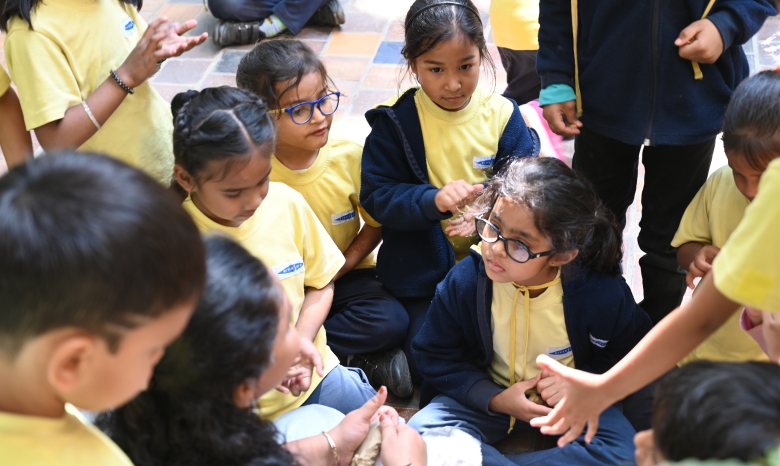
We are not entitled to the privileges we enjoy but every today is an opportunity to earn, enjoy, respect and uphold these for self and others.
Surplus
'Surplus' is a simple mindful process through which children, teachers and all support team members add value to the ecosystem. There are multiple opportunities in each day ( the bus ride, the lunch time, the bathrooms, the time between sessions etc ) to leave the world a little bit more just, a little bit more beautiful and a little bit more kind - and the SURPLUS process is designed to help all stakeholders be more observant and more intentional.
-
Think Throughs
Keystage I
Empower children to become agents of change by fostering empathy, critical thinking, and agency.
Think Throughs
To imagine a more just and equitable world is often thought of as a responsibility of adults - but to bring our young children's notice and attention to the world and its inequities is a responsibility of education. The 'Think Through' is a simple and powerful process that allows children to experience and empathise, then imagine a world that 'can' be - by offering their solutions and strategies. Over time, this cultivates a mindset of I CAN - I am not helpless, Change is possible, and I CAN drive it.
-
Citizenship
Keystage II
To whom much is given, much is expected
Citizenship
Through the 15 years, the powerful process of 'Citizenship' takes different forms in each Key Stage - but the goal is the same : Move from 'entitlement' to taking 'responsibility'- towards yourself and whom you share this world with. This mindset needs to be intentionally timetabled and nurtured during school years - not only as a 'once a week moral science lesson' but as an immersive, experiential programme. At Riverside, there is an expectation for all stakeholders ( students, teachers and parents ) to build an understanding of rights and then perform the duties towards enjoying those rights.
-
Persistence
Keystage III
Being the Change; Changes the Being
Persistence
‘Persistence' is a process at Riverside that all our Key Stage learners ( our adolescent ages - 13 to 18 ) go through. It was born of a realisation that while adolescents are quick to change their likes and interests - they understand that for any change to happen - it will take time. Therefore, the process is named 'Persistence'. This process is designed to 'slow down' the need for change and to really spend time in listening, in iteration and in building relationships with the people who are in need. Each student spends an average of 2 hours per week spending time with grandparents at old age homes, cooking and taking tiffins for families in the community or teaching children in care homes. Through this process, the students realise that 'being the change, changes the being'.




